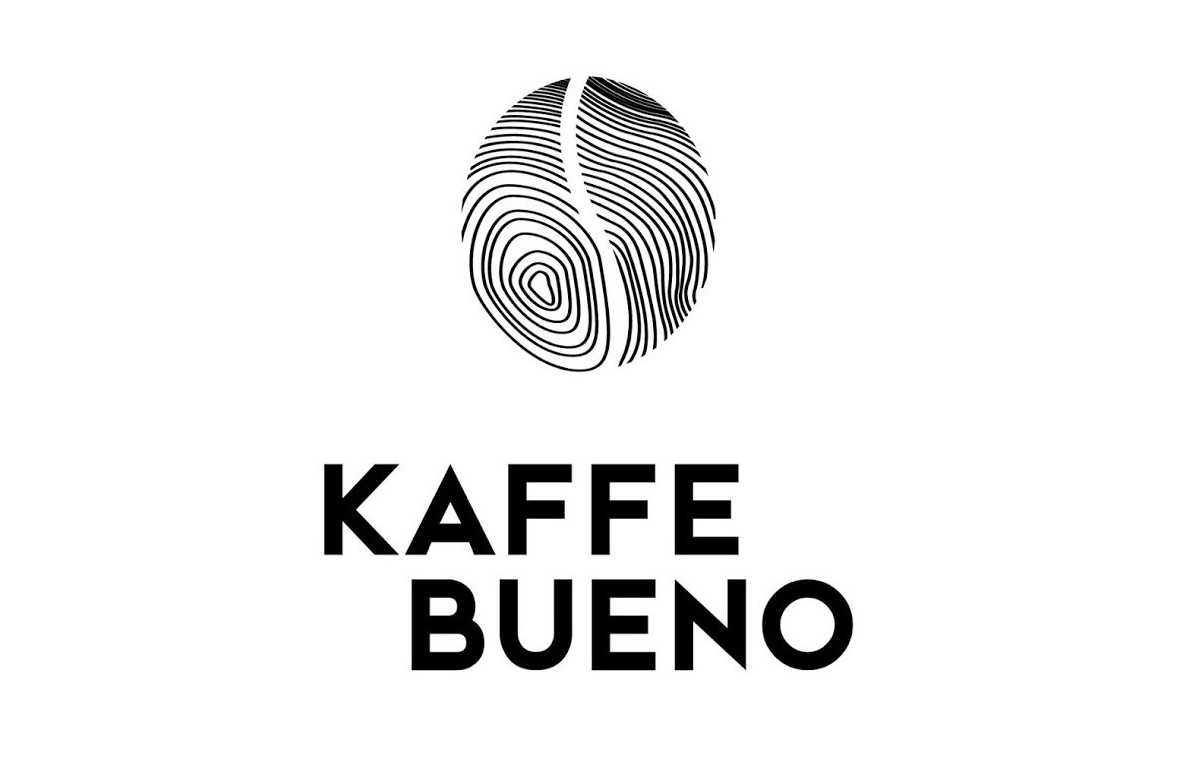SØBORG, Denmark – The European Innovation Council has awarded a €2.5 Million grant for Kaffe Bueno through their EIC Accelerator program. Only 65 deep-tech companies out of over 4,000 applicants were selected. Kaffe Bueno will use the grant to advance its product pipeline and build Europe’s First Coffee Bio-refinery, in Denmark. The goal is to unlock coffee’s full health potential by breaking coffee by-products into their composing molecules and producing health-promoting ingredients for different industries. By doing this, Kaffe Bueno will be the first company worldwide to utilise 100% of coffee’s bean biomass.
For the last 5 years, Kaffe Bueno has been researching and developing processes to further break down coffee into its composing molecules to develop health-promoting ingredients. Plus, it has identified and filed two patents for key applications within cosmetics and nutraceuticals.
These ingredients have the potential to offer the personal care industry high-performing solutions to phase out once and for all synthetics and petrochemicals out of consumer everyday products. Especially, from the face care, body care, hair care, sun care, and makeup markets. The timing is just right. This year, industry bulls including L’Oreal, Unilever, Henkel, Natura&Co, and LVMH joined forces to build a consortium to develop an industry-wide labeling environmental impact assessment.
For centuries, coffee has been considered just a caffeine-infused beverage. This beverage is amongst the most consumed worldwide, with over 2 billion cups consumed daily worldwide. Last year, the world consumed over 10 million tons [of coffee beans], and Europe accounted for about 30% of that.
This reflects the beverage’s obvious high demand but says nothing about what happens to the remaining coffee grounds after having been used to produce the cup.
Coffee, the bean not the beverage, is composed by lipids, phenolics, antioxidants, proteins, fibres, healthy sugars, and other health-promoting compounds. Caffeine comprises of about 1% of roasted coffee’s composition.
In general, coffee’s value chain emits tons of CO2 emissions, from farming to brewing, and transport (they travel approx 10,000 km to Europe) and make no sense to incur in all these emissions to only use less than 1% when brewed.
Using the remaining 99% is just one of the many ways Kaffe Bueno aims to reduce CO2 emissions along its value chain.
Today, about 60-70% of coffee grounds worldwide end up in a landfill, a large portion is incinerated for energy production, and a very small percentage is recycled into briquettes and pellets, mushroom growing, or fertilisers.
Meanwhile, the personal care and food industries are looking to reduce the CO2 emissions of their products while turning “waste” into a resource. Upcycling certainly is one of the best solutions to address these problems.
Coffee is the most underutilized resource on Earth. And Kaffe Bueno’s vision is a world where people see coffee as a resource for improving people’s lives, rather than seeing it as their caffeine fix.
Kaffe Bueno is a bioscience Danish company established in 2016 by three Colombian entrepreneurs; Juan Medina, Alejandro Franco, and Camilo Fernandez. Kaffe Bueno specialises in using green chemistry, deep-tech, and biotechnology to break down coffee grounds into their composing molecules, and using these to produce high-performing ingredients for the industries responsible for society’s wellbeing, personal care, nutraceuticals, and functional foods & beverages.
For example, they first produce Kaffoil – the lipid fraction of coffee – which is commercialised as an active ingredient in the personal care industry since 2019, and globally distributed by ingredients’ market-leader Givaudan since 2020. This product was the first result of 3 years of R&D by Kaffe Bueno and has vast scientifically proven benefits for the skin, such as, better-ageing, UV protection, wound healing, and moisturising.
Furthermore, the defatted grounds are further processed to produce the first coffee-grounds-derived upcycled fibre (traded as Kaffibre) for the food and personal care industries.
Both of these ingredients can be found in brands across EU, USA and Asia.
Now, through the EIC Accelerator, Kaffe Bueno will advance its product pipeline and build Europe’s first coffee bio-refinery to further unlock coffee’s health potential!


















